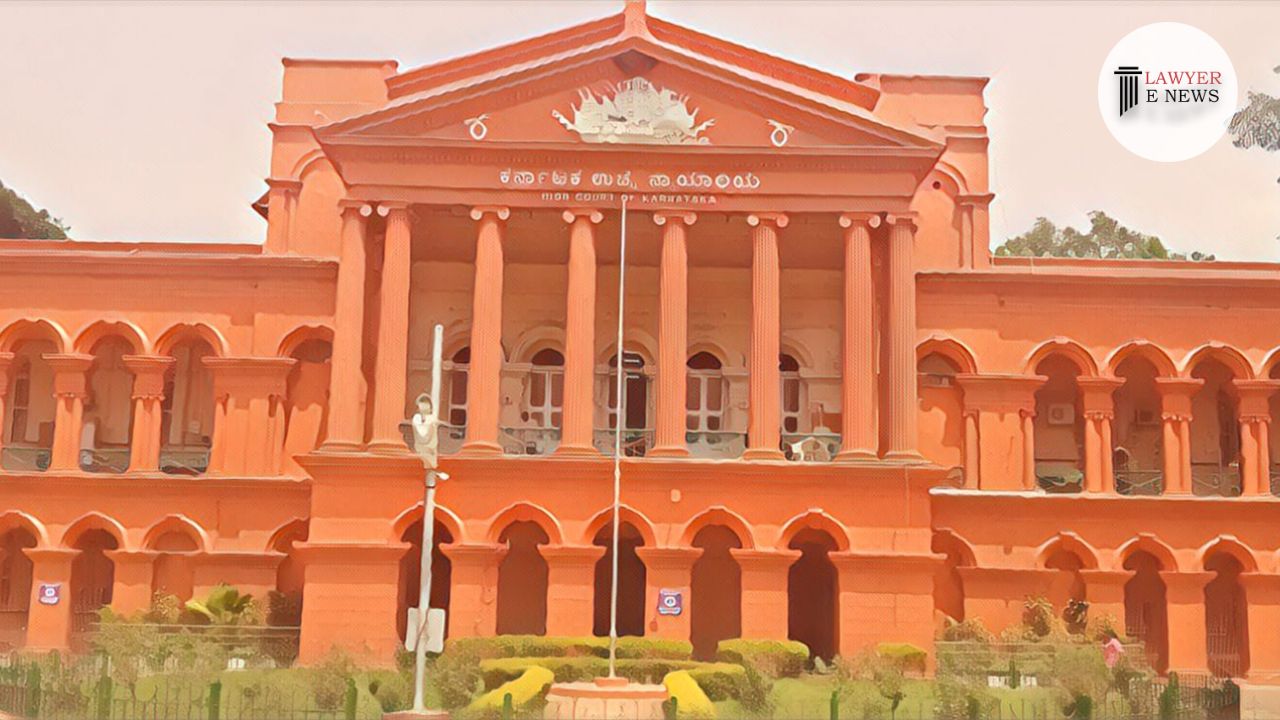-
by Admin
15 February 2026 2:36 AM



In a significant ruling today, the High Court of Karnataka dismissed an appeal challenging the acquittal of two individuals accused in a dowry death case. The court upheld the trial court's decision, citing a lack of sufficient evidence to prove the allegations beyond reasonable doubt.
The appellant, Narasimharaju, had filed an appeal against the acquittal of T.S. Ramesh and Jayamma, in connection with the alleged dowry death and murder of his sister, Sumalatha. The trial, which was closely watched due to its implications on dowry-related crimes, concluded with the trial court finding inconsistencies in the prosecution's narrative.
In its judgment, the High Court observed, "The judgment of the Trial Court cannot be set aside merely because the High Court finds its own view more probable, save where the judgment of the Trial Court suffers from perversity or the conclusions drawn by it were impossible if there was a correct reading and analysis of the evidence on record." This statement was pivotal in affirming the trial court's decision.
The prosecution's case hinged on witness testimonies and an alleged oral dying declaration made by the deceased. However, the court found these pieces of evidence unreliable and inconsistent, leading to the conclusion that the guilt of the accused was not established beyond reasonable doubt.
The case also brought to light the complexities involved in legal proceedings related to dowry deaths. The court meticulously examined the testimonies of witnesses, the evidence presented, and the legal principles governing appeals against acquittal. It underscored the importance of thorough scrutiny in such cases, stating, "Unless the High Court finds there is complete mis-reading of the material evidence which led to miscarriage of justice, the view taken by the Trial Court which can also possibly be a correct view need not be interfered with."
Date: 28 November 2023
NARASIMHARAJU VS T.S. RAMESH
